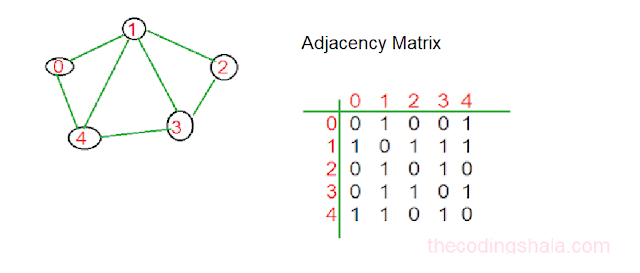Introduction to Kotlin Programming Language for Backend Development - The Coding Shala
Are you looking for a powerful and reliable programming language for backend development? Look no further than Kotlin. Kotlin is a modern, statically typed programming language that has gained a lot of popularity in recent years. In this blog post, we'll take a look at what Kotlin is and why it's a great choice for backend development.
What is Kotlin?
Why use Kotlin for backend development?
Conciseness
Kotlin has a concise syntax that allows developers to write code in fewer lines than Java, without sacrificing readability or expressiveness. This can save development time and make the codebase more maintainable.
Interoperability with Java
Kotlin is fully interoperable with Java, which means that developers can leverage existing Java libraries, frameworks, and tools in their Kotlin projects. This can help developers to reuse code, reduce development time and learn Kotlin more quickly.
Null-safety
Kotlin has a type system that helps developers to avoid null pointer exceptions, one of the most common errors in Java. Kotlin's null-safety features make it easier to write safe and robust code.
Coroutines
Kotlin has built-in support for coroutines, which are lightweight threads that enable asynchronous programming. Coroutines can simplify the code for handling asynchronous operations, such as network requests or database queries.
Getting started with Kotlin
If you want to start learning Kotlin for backend development, you can follow these steps:
- Install the Kotlin compiler and IntelliJ IDEA, the popular Java IDE that provides excellent support for Kotlin.
- Learn the basics of Kotlin, such as variables, functions, classes, and control structures.
- Practice Kotlin by creating simple programs, such as a command-line application that reads and writes data from a file.
- Explore Kotlin's standard library and third-party libraries, such as Ktor for building web applications or Exposed for database access.
In conclusion, Kotlin is a powerful programming language that is well-suited for backend development. It offers several features that can make development faster, safer, and more enjoyable. If you are interested in learning Kotlin, you can start by following the steps above and exploring the many resources available online.
Write Your First Kotlin Program Hello World
To write your first Kotlin program, follow these steps:
- Open IntelliJ IDEA and create a new Kotlin file. You can do this by selecting "New -> Kotlin File/Class" from the File menu.
- In the new file, add the following code:
fun main() { println("Hello, World!") }
Please leave a comment below if you like this post or found some errors, it will help me to improve my content.


Comments
Post a Comment